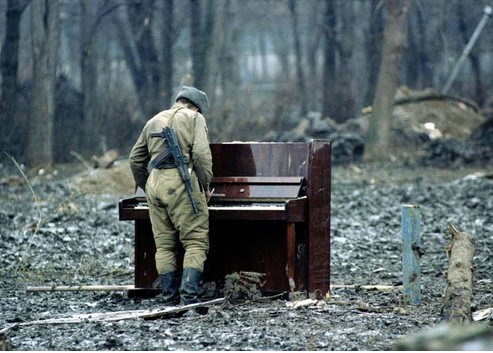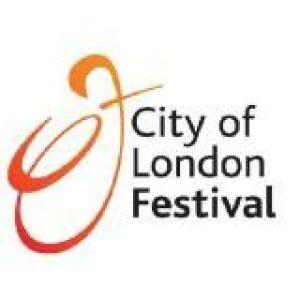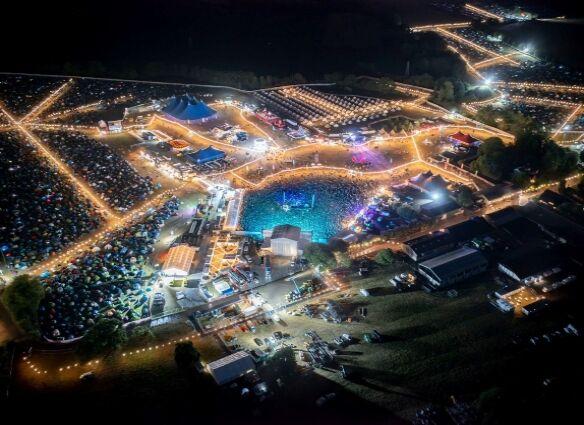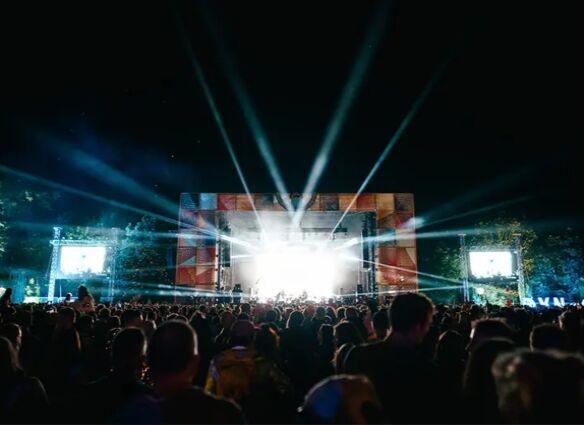Social Links
| City of London Festival 2013 | ||
|
22nd Jun - 25th Jul 2013 Various Venues, London, United Kingdom |
Tickets for adults (without camping) from £5.00 |
|
Placed at the heart of the annual City of London Festival (23 June – 26 July 2013) – and at the heart of the City itself – this two-day conference with will bring together musicians, music therapists, arts practitioners, psychologists, psychiatrists, neuroscientists, historians and soldiers to examine important and timely questions around the relationship between art and war.
Presented in partnership with charity The Musical Brain, whose primary aim is to facilitate debate around the effects of music upon the mind, some of the key themes throughout the conference will include: an exploration of the responses of artists to post-traumatic stress disorder; how emotional experiences are reflected in music and poetry; an understanding of whether expression of pain could in fact ease the suffering of it, and whether neurobiological perspectives might explain therapeutic outcomes.
The conference falls naturally into two parts – albeit overlapping and inter-related – over the two days:
Day one, The Application of Music to the Trauma of War, led by British composer Professor Nigel Osborne will focus on the treatment of Post-traumatic Stress Disorder (PTSD) and other afflictions resulting from conflict, through the use of Music Therapy. The day will also address the potential application of music in the rehabilitation of returning troops from the current theatres of war in Iraq and Afghanistan, with their attendant PTSD problems. Speakers include Lord Alderdice, politician and psychiatrist, Professor Morten Kringelbach, of the Department of Psychiatry, Oxford University, and Director of the Scars of War Foundation and Professor Sir Simon Wessely, Head of Department of Psychological Medicine at the Institute of Psychiatry, King’s College London, amongst others.
Day two, The Response of Music to the Experience of War, led by classical music broadcaster Stephen Johnson will examine artistic creativity influenced by war, reflecting conflict in different cultural contexts that include Afghanistan, Iraq and Northern Ireland. Views on the encouragement of the war through the arts and accounts of the operational roles of military bandsmen offer fresh perspectives on music and conflict. The day concludes with an evening concert in the Mansion House, open to both delegates and non-delegates, featuring the Royal Artillery Band in a programme that includes the world première of music by soldier-composers such as Butterworth and Gurney specially arranged for military band.
Festival Director Ian Ritchie, also Artistic Director of The Musical Brain, says:
In recent years the Festival has aimed not only to provide world-class performances in beautiful surroundings but also to promote the important roles that music and the other arts can play beyond the concert platform in the vital areas of education, health and social cohesion. We are only beginning to understand the full extent of music’s potential.
Nigel Osborne, a regular contributor to the work of The Musical Brain and composer whose music is often heard in the City of London Festival, explains why it is important to encourage debate around the healing properties of music:
Music plays an important part in the lives of all human beings. It is hugely exciting that in the last few years a revolution has occurred of tremendous importance to everyone who cares about music – simply, science has begun to catch up. There have been discoveries, particularly in the biological sciences, which offer irrefutable proof that music does indeed change people’s minds and bodies. There is an important new role for music in medicine.
A full conference timetable can be found here: themusicalbrain.org/conference Tickets on sale here
This event will have live subtitles for deaf, deafened and hard of hearing visitors, delivered by STAGETEXT







